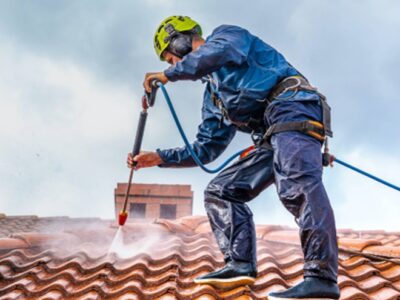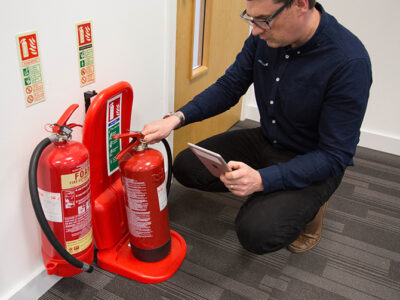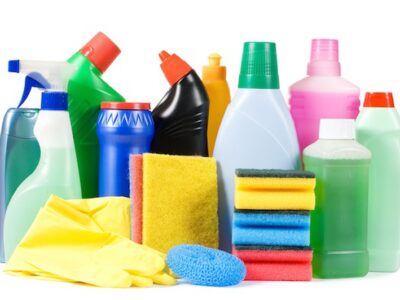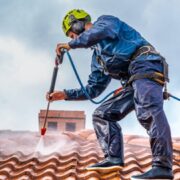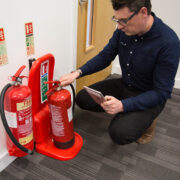The last thing you need is roof damage due to severe winter weather. Flat roofs are especially vulnerable to winter storms. It’s crucial to take preventive measures during and before the winter season. Preparation should be started a couple of weeks before winter begins. Here are some tips to help prevent roof collapse from the elements.
Light snowfall will not endanger your roof. Quickly melting snow becomes heavier. If there is snow on the roof, the load will increase. The most hazardous winter element is ice, which is both stressful and dangerous. Roof maintenance is critical during the winter to avoid problems. Use these snow roofing tips to protect your home as you prepare for severe storms and cold winter weather.
Keep Gutters and Drains Clear
It is important to keep your gutters clear and your downspouts clear to prevent roof collapse. A clogged gutter can stop melting snow and ice from properly draining, which can cause large, heavy water pools on the roof’s surface. This can cause water seepage onto your roof, which can cause damage to your ceilings.
Also, downspouts must be properly cleared and are at the perfect size they ought to be. If your downspout is faced directly towards the ground, you have a high chance of snow and ice building up and freezing over, leading to gutter clogging.
Make Sure to Remove Snow and Ice Frequently and Properly
The removal of snow accumulation is the first step in preventing roof collapse. It reduces roof weight, prevents structural damage, and prevents water accumulation. It is critical to remove snow properly. It is best not to shovel snow from the top of your roof. There is a serious risk of you falling and injuring yourself. This work should be performed by a licensed professional contractor who has the necessary equipment, safety training, experience, and qualifications.
You Should Inspect Your Roof for Damage
After melting snow is gone, you should inspect your roof for signs of damage. You should inspect the roof and ceiling for signs of damage, such as missing shingles. These are all indicators that your roof requires repairs. To prevent more damage, make sure you address these problems immediately.
Get Your Roof Professionally Inspected
Before you get hit with a snowstorm, hiring an expert to inspect your roof and immediately address any problems is advisable. This can come after you must have done your self-inspection, just to be sure. Roof collapses and other winter-weather damage can be reduced by keeping your roof in good condition throughout its life.
Insulate Your Attic
It is important to insulate the uppermost floor of your home. This will enable your roof to shed snow as the weather warms. You should seal any drafts and air leaks that might be letting the cold in. This will reduce heating costs in winter.
These tips will help prevent your roof from falling due to heavy accumulated snow or ice. If any of these tips fail, it’s best to be adequately covered. Contact an independent agent to make sure you are protected against weather-related damage.

